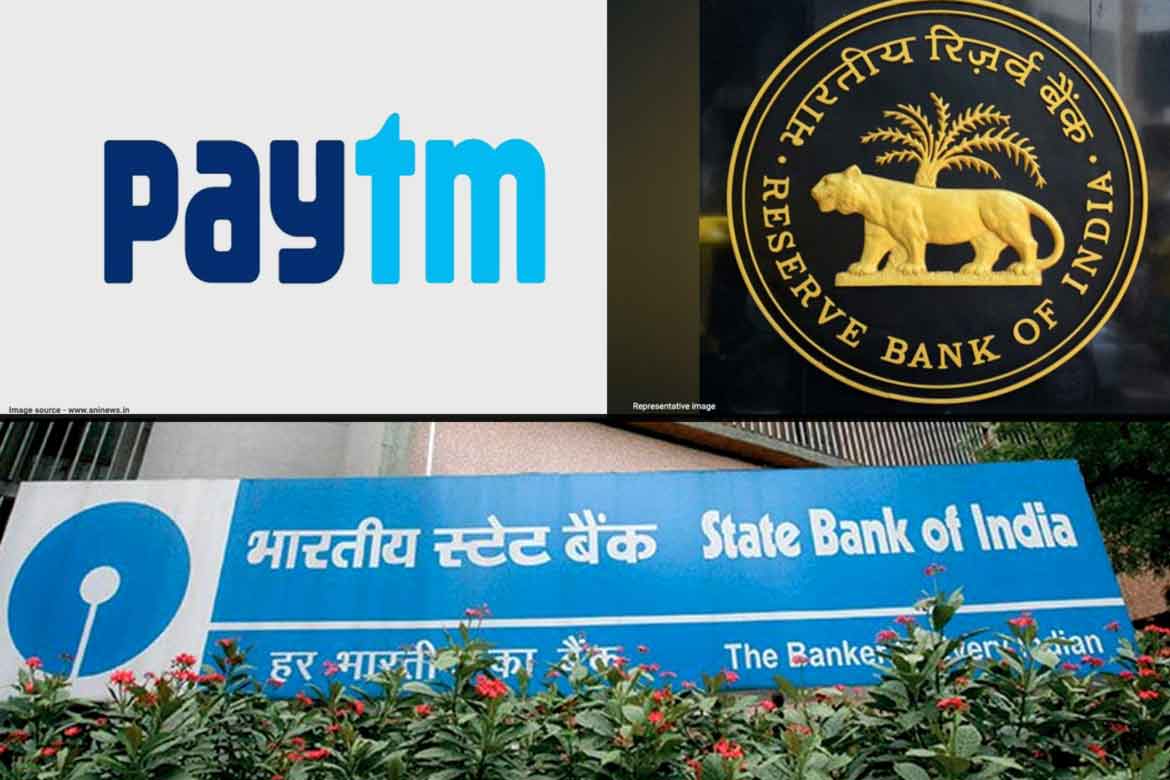When you hear the word bank, the first thing that comes to mind is a commercial bank. However, different types of banks exist in India for various purposes. In this article, we will learn about the various types of banks in India.
Central bank:
An economy’s central bank is its foundation. It is tasked with guiding and regulating the banking system in each country. The Reserve Bank of India is the country’s central banking authority. It is the apex bank with the most financial power and is governed by the RBI Act. It is not a bank for the general public; rather, it is a bank for banks. It houses all banks’ deposit accounts.
The Reserve Bank is in charge of printing money and managing its circulation. It also serves as the government’s banker, keeping track of government receipts, payments, and loans from various sources. It also determines the interest rate on loans. This central bank also serves as the custodian of currency, foreign exchange reserves, gold, and other securities.
Read More: The PC Market is Booming even with the Economical Crisis
Banks, commercial:
Commercial banks are those that accept public deposits and make short-term retail loans to their customers. Banking Commercial banks are also classified into three types: public sector banks, private sector banks, and foreign banks. The RBI regulates these banks. Commercial banks are classified as follows:
- Commercial banks in the public sector.
- Commercial Banks in the Private Sector
- Foreign Banks
Cooperative bank:
When a co-operative society conducts banking operations, it is referred to as a co-operative bank. Cooperative banks typically offer low-interest loans. The Reserve Bank of India, as well as the respective state governments, control and inspect these banks. Cooperative bank types include:
- Committee on Primary Credit
- Bank co-operative central
- Cooperative bank of the state
Small Finance bank:
Small Finance Banks are permitted to offer Basic Banking Services, particularly in rural areas. Accepting customer deposits and making small loans are among their responsibilities. The goal of establishing this bank is to bring those segments of the population who are not served by Scheduled banks into the realm of banking services.
Furthermore, they are not permitted to establish their own subsidiaries. Today’s small finance banks include Equitas Small Finance Bank, AU Small Finance Bank, Suryodaya Finance Bank, and Ujjivan Small Finance Bank.
Payments bank:
The Payments Bank was established with the goal of providing banking services to even the most vulnerable members of society, such as migrant workers and low-income families. They can accept deposits of up to Rs 2 lakh. These individuals can open a payment bank account and use it to send or request money from others.
Customers cannot obtain loans from payment banks. Banking services are provided by a number of payment banks, including Airtel Payments Bank, India Post Payments Bank, Fino Payments Bank, and Paytm Payments Bank.
Development Bank:
As associate institutions of the Reserve Bank of India, development banks were established. Development banks are financial institutions that make medium and long-term loans to businesses. Following independence, India’s industries grew rapidly, necessitating large financial investments and increased promotion. As a result of the establishment of these institutions, development banks aid in the promotion, expansion, and modernization of industries. Along with providing medium and long-term financing, these banks also invest capital in industrial ventures. When necessary, it also provides technical advice and assistance.
Bank for Special Purposes:
Some banks specialize in a specific activity or field, which is why they are known as Special Purpose Banks. Banks in this category include EXIM, NABARD, SIDBI, and NHB.
Read More: Sachin Tendulkar Scores His First Hundred – Cricket On This Day
Banks dealing in foreign exchange:
Foreign exchange banks only lend money for foreign trade. Every country desires that the price of its goods be expressed in its own currency. As a result, the problem of converting one country’s currency into another country’s currency arises. Foreign exchange banks are being established to address this issue. In such a case, these banks come into play. These banks convert money into other currencies.





